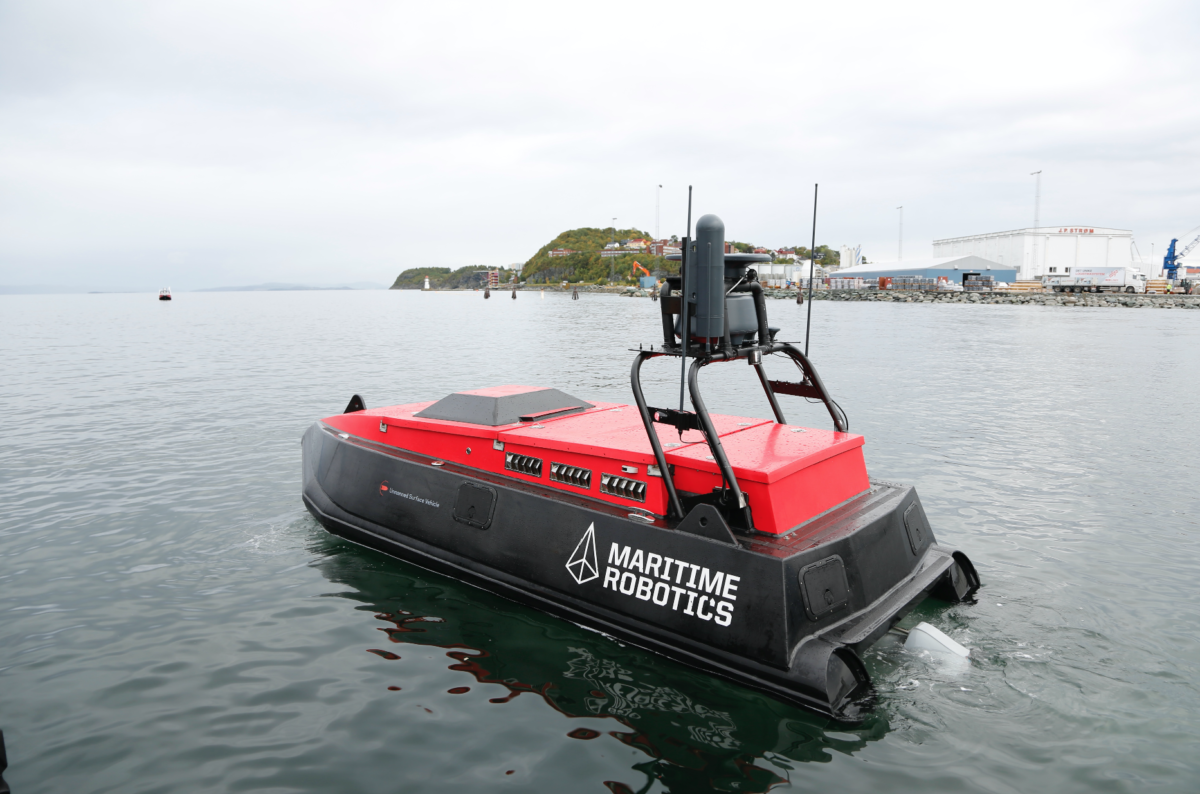
DNV has launched a new family of class notations, Autonomous and Remotely Operated Ships (AROS), providing a framework for how autoremote vessels can achieve equivalent or higher safety compared to conventional vessels.
Autonomous shipping, ranging from remote control operation to fully unmanned vessels, marks a major advancement in the maritime industry. These solutions can deliver a wide range of benefits including improved safety, optimised logistics chains, improved cargo capacity due to reductions in crew, increased fuel efficiency, reduced emissions, and reduced operational and maintenance costs. Continue reading “DNV launches family of class notations on autonomous shipping”




 In order to qualify for
In order to qualify for 




